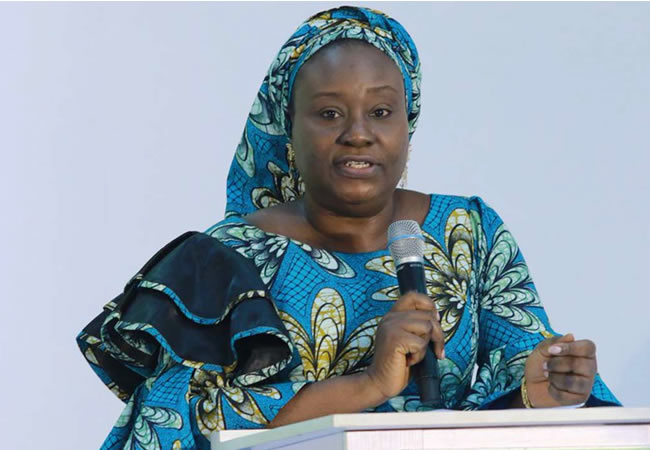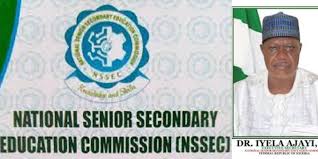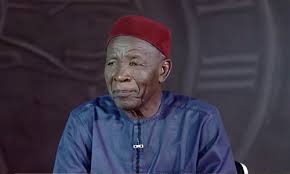
ICYMI: HND holders must undergo one-year mandatory training- FG
Before being converted from Executive to Officer cadre, employees holding a Higher National Diploma are required to complete a year of mandatory training, according to Dr. Folasade Yemi-Esan, Head of the Federation's Civil Service.
In honour of 2024 Civil Service Week, which has as its theme "Educate an African Fit for the 21st Century: Building Resilient Education Systems for Increased Access to Inclusive, Life-long, Quality and Relevant Learning in Africa," Yemi-Esan reportedly said as much in a virtual interactive session with civil servants on Saturday, according to a statement.
The National Universities Commission and the National Board for Technical Education have disagreed over the one-year required training programme designed to close the achievement gap between polytechnics awarded Higher National Diplomas and university degrees.
The Ninth National Assembly passed a bill in 2021 to break the dichotomy, but President Muhammadu Buhari's previous administration did not sign it into law.
The authority over technical and vocational education, NBTE, was forced to implement what it calls a one-year top-up programme in order to provide HND holders with a means of advancing towards a bachelor's degree.
During the virtual meeting, Yemi-Esan responded to a question from a civil servant by saying, "Since the curriculum for HND and B.Sc holders was different, HND graduates would have to undergo mandatory one-year training before conversion from Executive to Officers' cadre."
Grade 14 student Adebayo Hassan had previously questioned about the disparity between B.Sc. and HND holders in the Service and what the Federal Government was doing to bridge the gap.
Speaking on the theme of 2024 Civil Service Week, Yemi-Esan underlined the importance of education being high-quality, inclusive, and accessible while also emphasising the necessity of it being continuously relevant to the quickly changing needs of the contemporary world.
In order to fulfil national priorities, the theme also discusses how the Nigerian Civil Service is utilising learning and development to increase the capacity and capability of its workforce, according to her.
The head of the civil service revealed that the Nigerian Civil Service had to implement a Performance Management System due to the quickly evolving work environment and the need for increased efficiency. The PMS Policy and Guidelines have been created and distributed to all Ministries, extra-ministerial Departments and Agencies.
She mentioned that core teams have been duly constituted for its implementation.
She claims that "the Permanent Secretaries have been the main drivers of PMS implementation, which has been cascaded to the Ministries."
Performance contracts are to be further cascaded down to the final officer in each MDA in this regard.
"This new system will track job objectives across all MDAs and evaluate each officer's performance exclusively on the basis of their individual KPIs.
Every officer in the Service is implicitly able to connect his department's goals and objectives with the ministry's goals and objectives as well as the national KPIs.
The digitalization of work processes within the Service, according to her, is yet another benchmark in the continuous evolution of the Federal Civil Service.
She also emphasised that all personal and policy files at the Office have been fully digitalized, and that digital transaction workflow processes are being implemented. All official correspondence, including memos and internal and external circulars, is now processed electronically via the Enterprise Content Management system.





